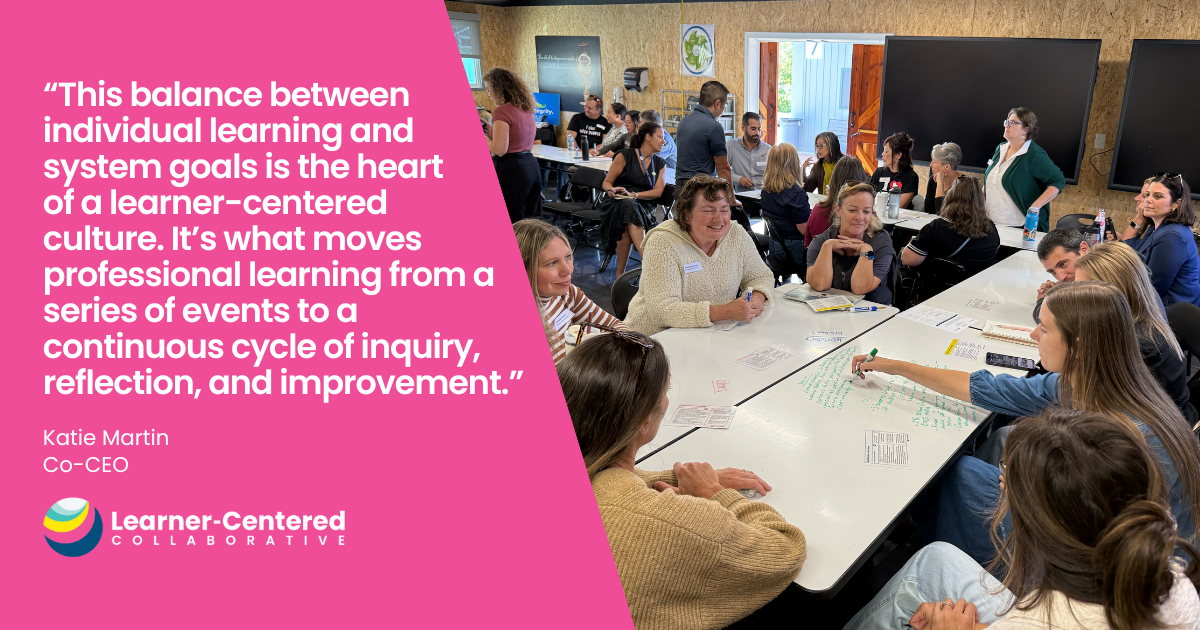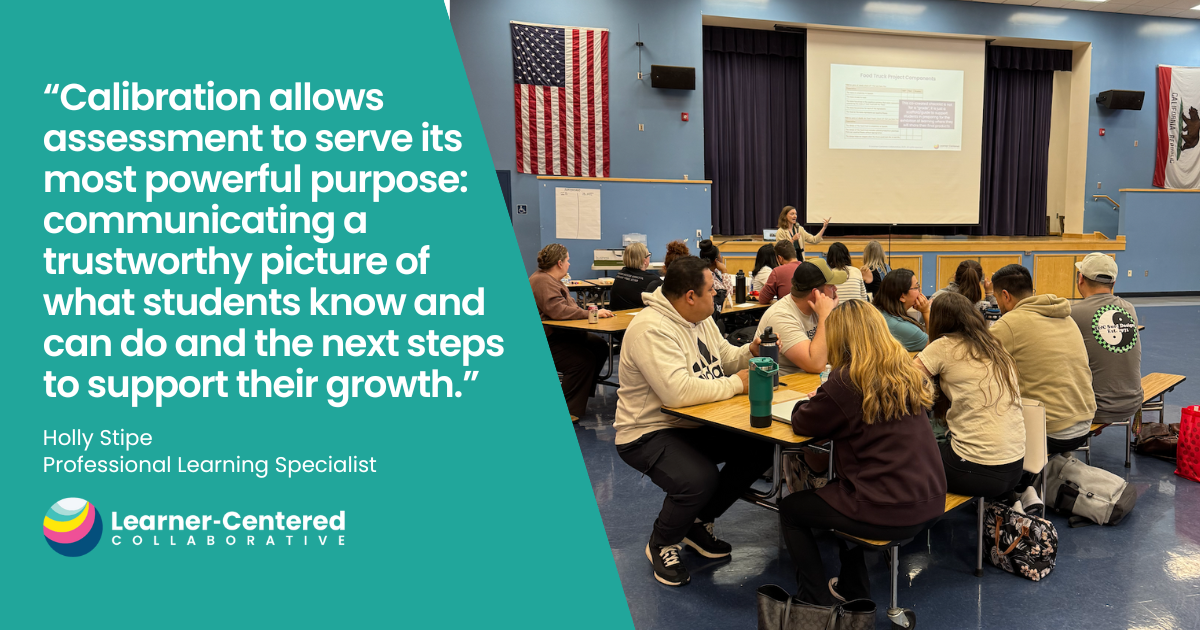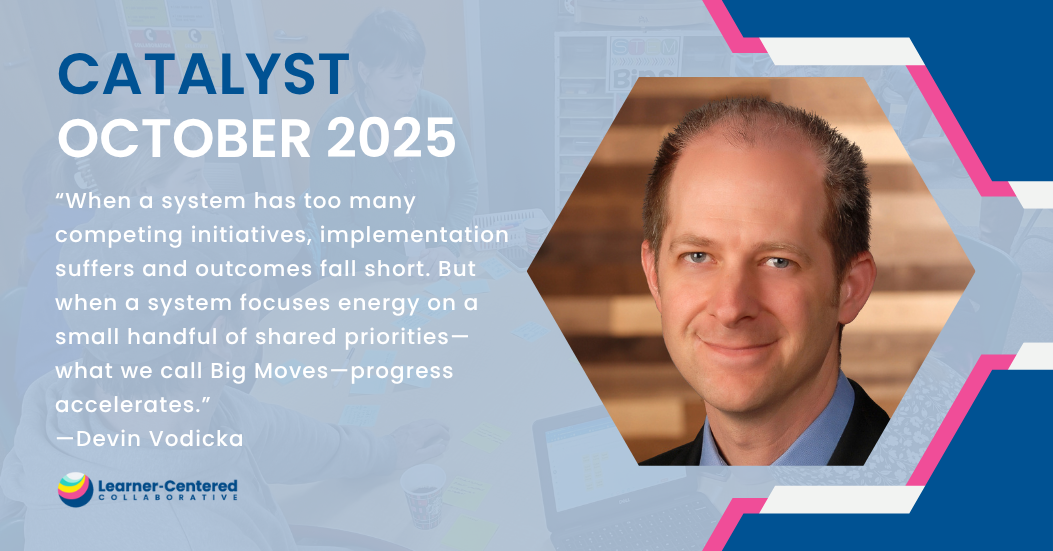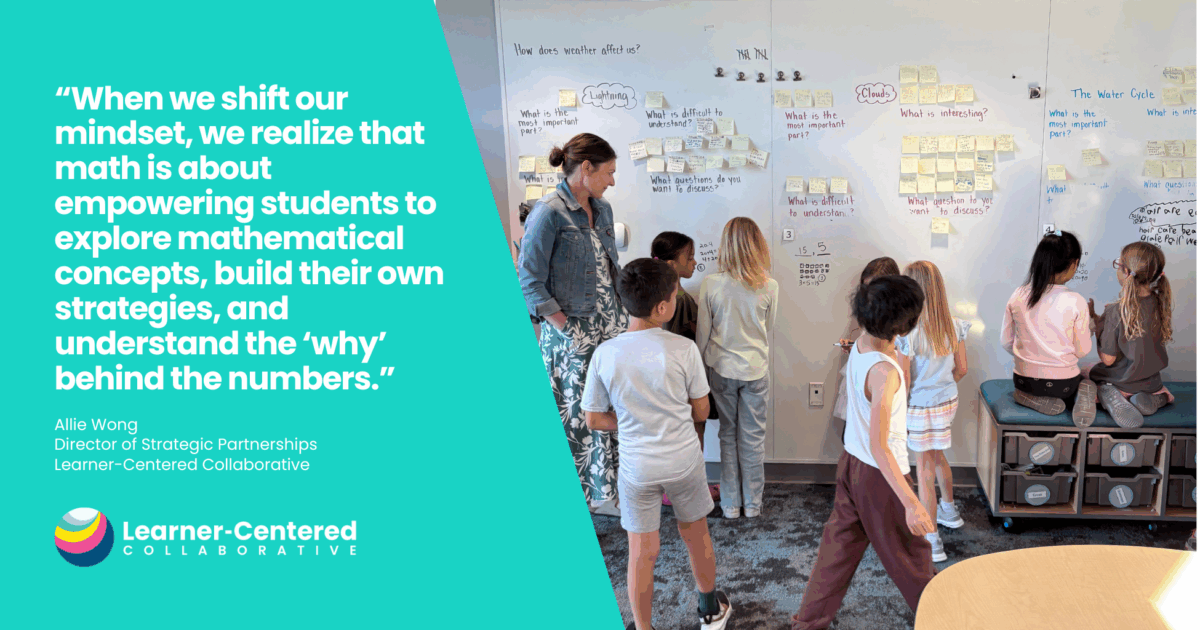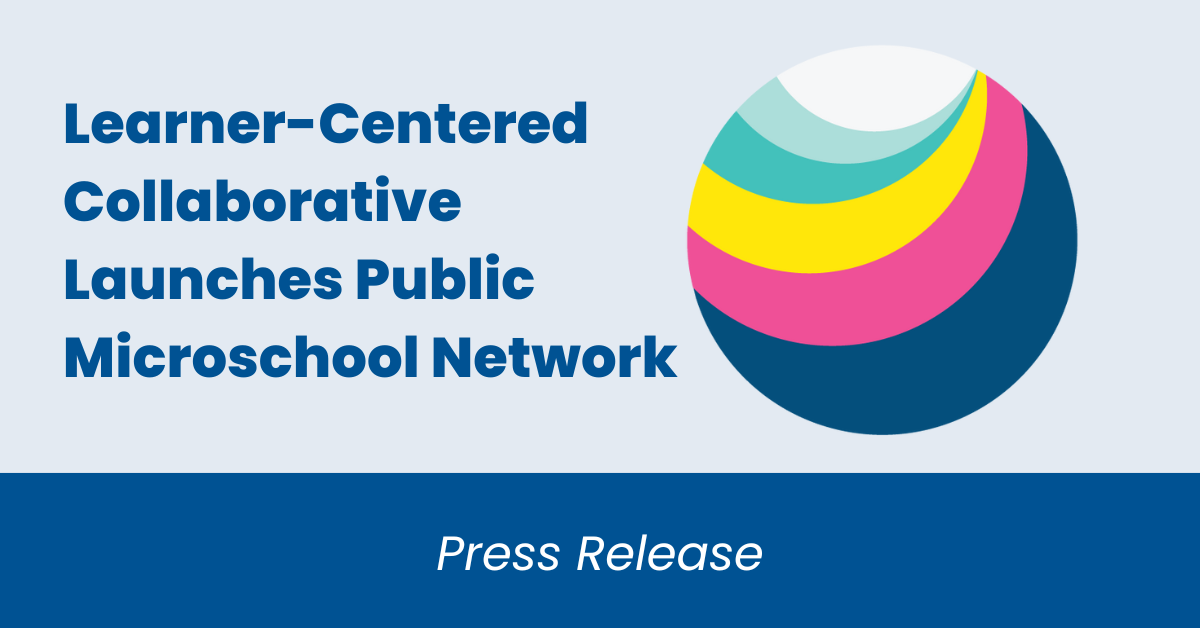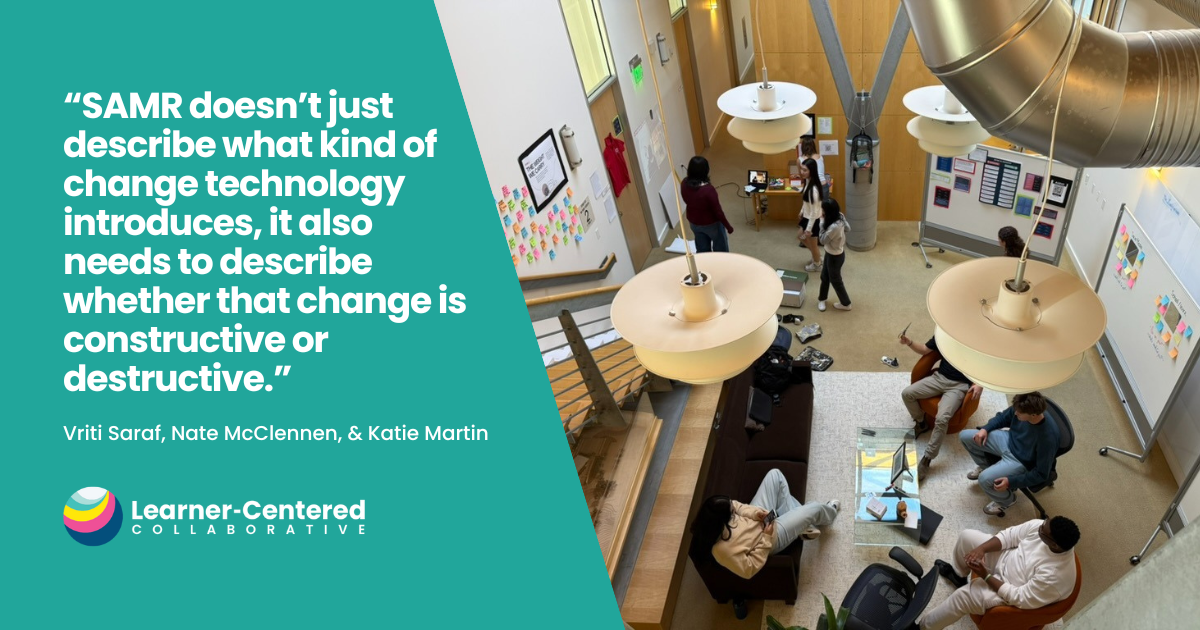Building Relational Trust: Our Journey with Lamont Elementary School District
Contributions from Catina Hancock, Learner-Centered Collaborative and Dr. Lori González, Lamont Elementary School District
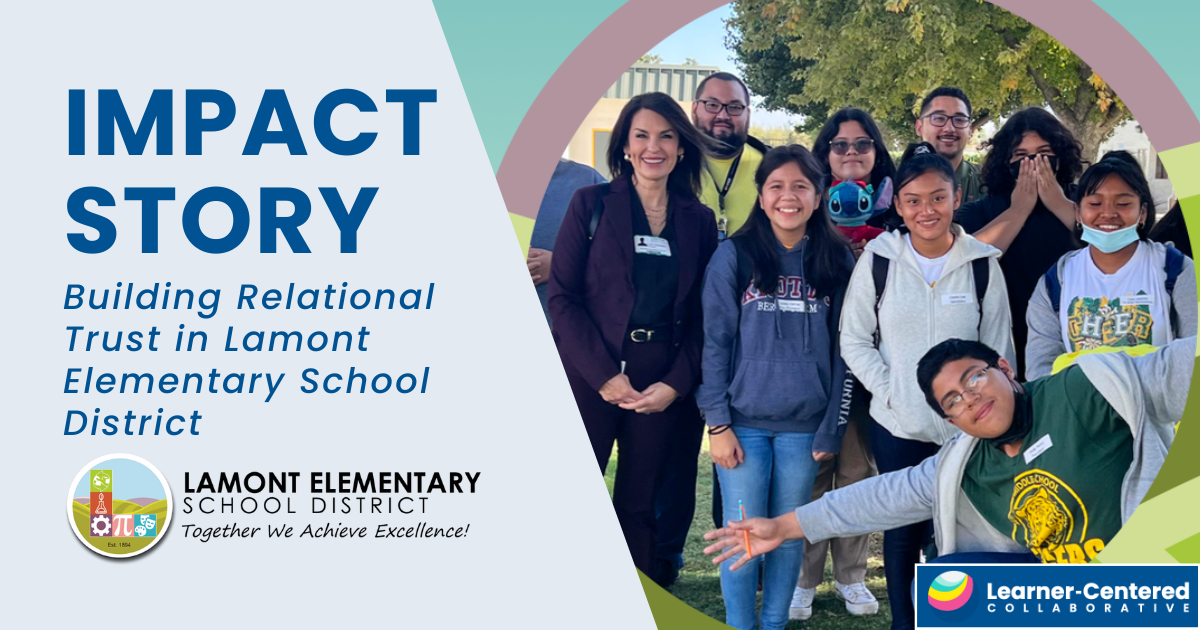
In California’s Central Valley, Lamont Elementary School District is redefining what’s possible in education. Serving over 3,000 students, many from low-income backgrounds and a high percentage of English Language Learners, Lamont faced unique challenges. But under Superintendent Dr. Lori Gonzalez’s leadership and in partnership with Learner-Centered Collaborative (LCC), these challenges became opportunities for growth.
This blog explores Lamont’s journey. From developing a community-driven vision to revolutionizing professional development and empowering teacher-leaders, Lamont is putting educators at the forefront of change. Together with LCC, the district has created more engaging, equitable, and effective learning environments for every student.
Creating a Shared Vision: The Framework for the Future
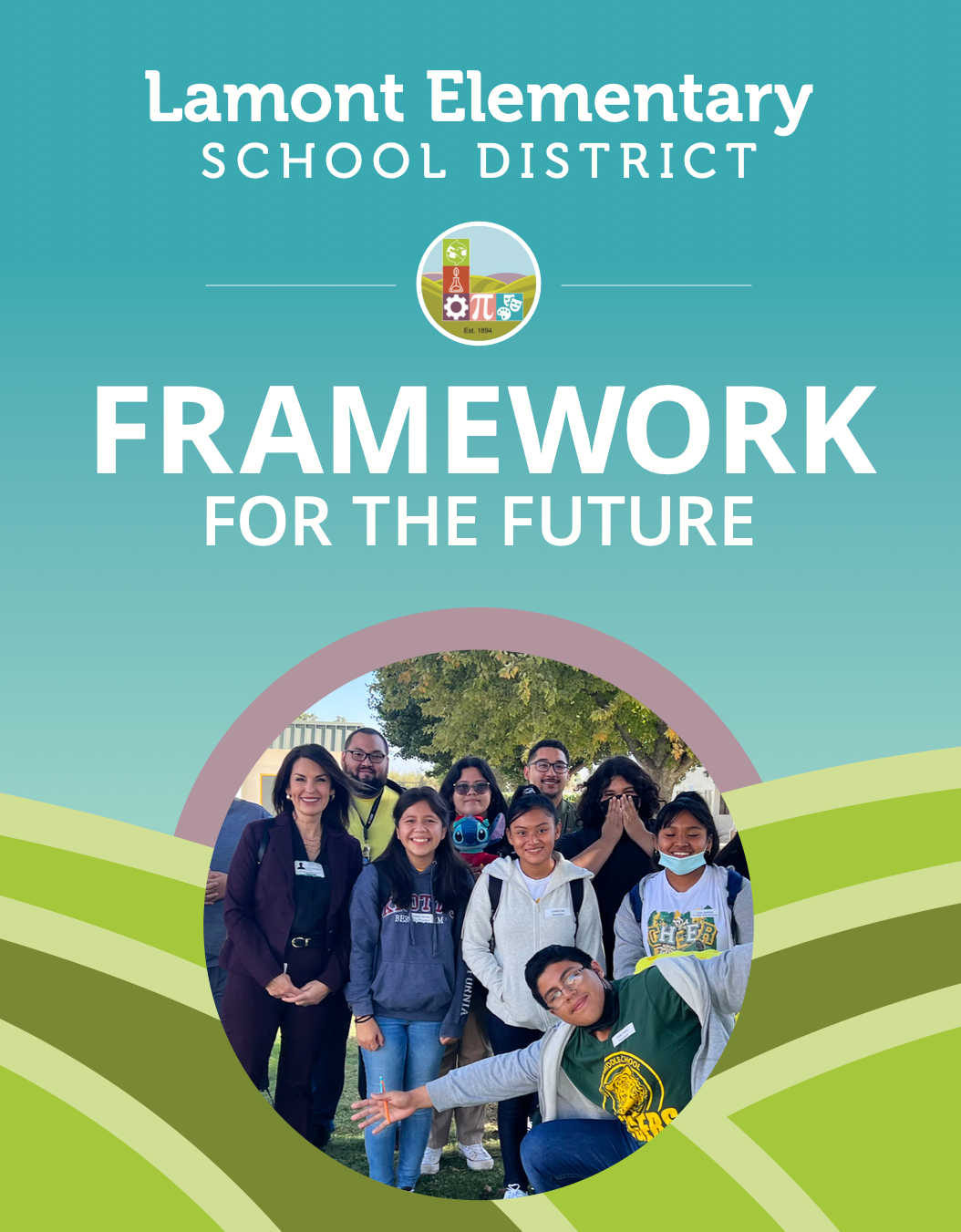
Our partnership began with a crucial first step: crafting a clear, shared vision for the district’s future. Through an inclusive process involving students, staff, teachers, board members, administrators, and community members, Lamont developed a comprehensive Framework for the Future. This framework includes:
- A redefined mission, vision, and values
- A Learner Profile outlining desired student outcomes
- A Learning Model to guide instructional practices
- Clear Pillars of Success to focus efforts and resources
This process involved a diverse guiding coalition of 65 people, including students, staff, teachers, board members, administrators, and community members. As Superintendent Dr. Lori Gonzalez emphasizes, “It provided voice for both students, parents, teachers, and community members to say what we want our students to leave with.”

Empowering Educators Through Personalized Professional Learning
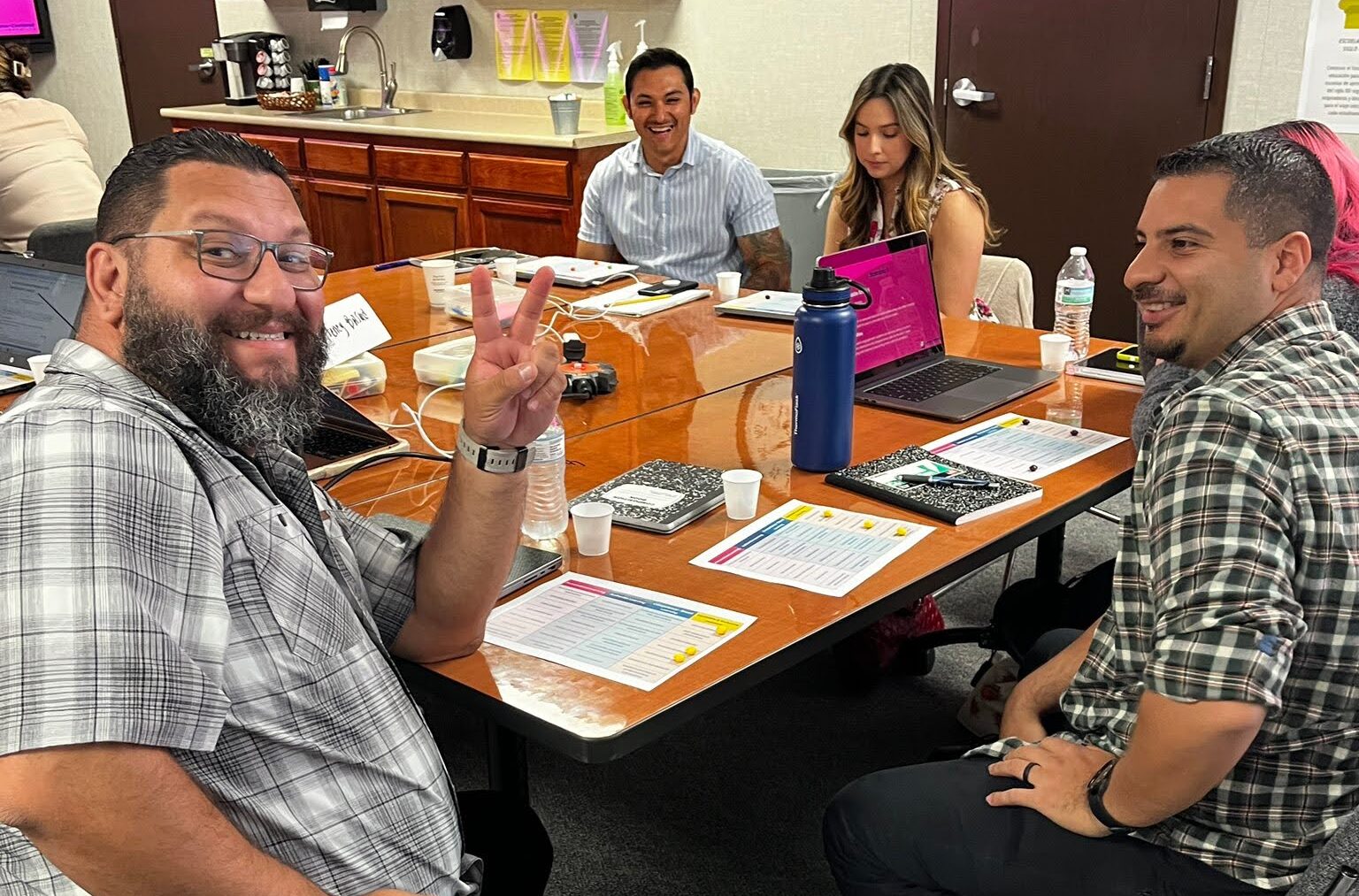
With the framework in place, we focused on empowering educators with the mindsets and tools needed to bring this vision to life. We implemented a personalized professional learning program that includes:
- District-wide introduction to the new framework
- Self-assessment for educators to identify strengths and areas for growth
- Tailored learning experiences and workshops based on individual goals
Educators were given the freedom to choose areas of focus aligned with their interests and needs, fostering greater engagement and ownership of their professional growth. Educators reported increased enthusiasm for trying new strategies in their classrooms. Many began voluntarily sharing their experiences and newly acquired skills with colleagues, creating a network of shared learning across the district. As educators internalize these practices, Dr. Gonzalez notes, ‘When you own something, it just transcends. We’re super excited about what’s to come.'”
Innovation Cohort: Catalysts for Change
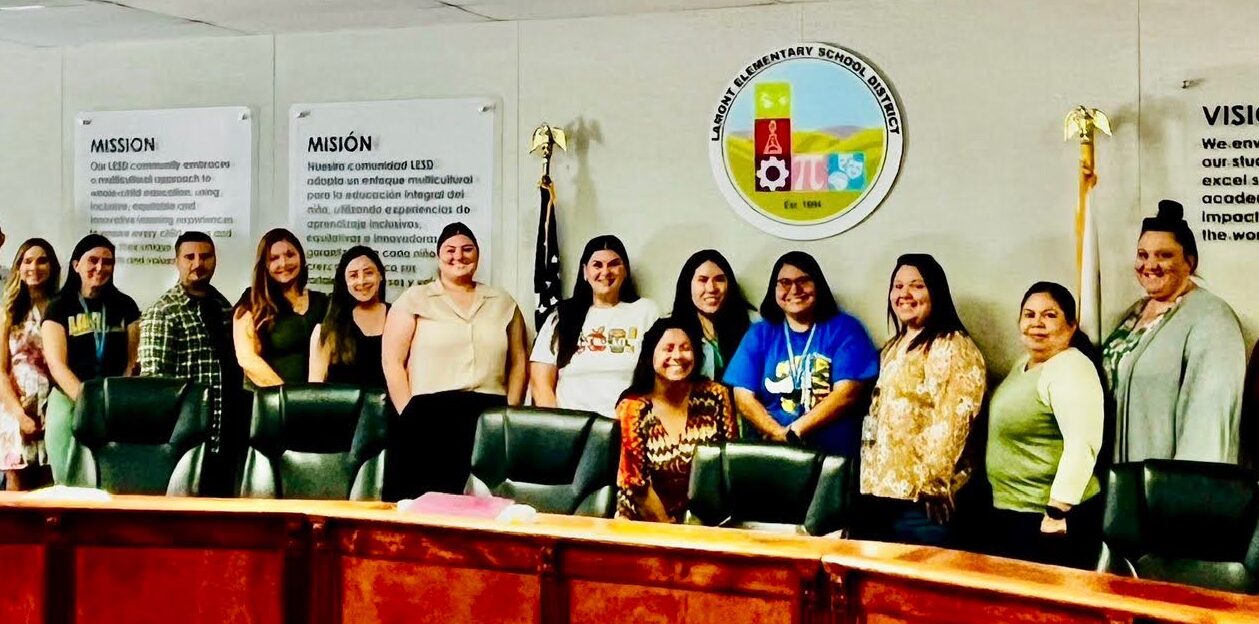
To accelerate the shift towards learner-centered practices, we established an Innovation Cohort. This group of volunteer educators dived deep into specific elements of the Learning Model, becoming early adopters and change agents within the district.
The impact of this cohort is significant:
- 30% increase in educator confidence and competence in implementing learner-centered practices
- Enhanced collaboration across grade levels and schools
- Increased enthusiasm and willingness to take risks in the classroom
The impact of this cohort extends far beyond their classrooms. Dr. Gonzalez shares, “The excitement is contagious. These teachers are presenting to our school board, collaborating across grade levels and schools, and inspiring their colleagues to take risks and try new approaches.”
Aligning Leadership for a System-Wide Shift
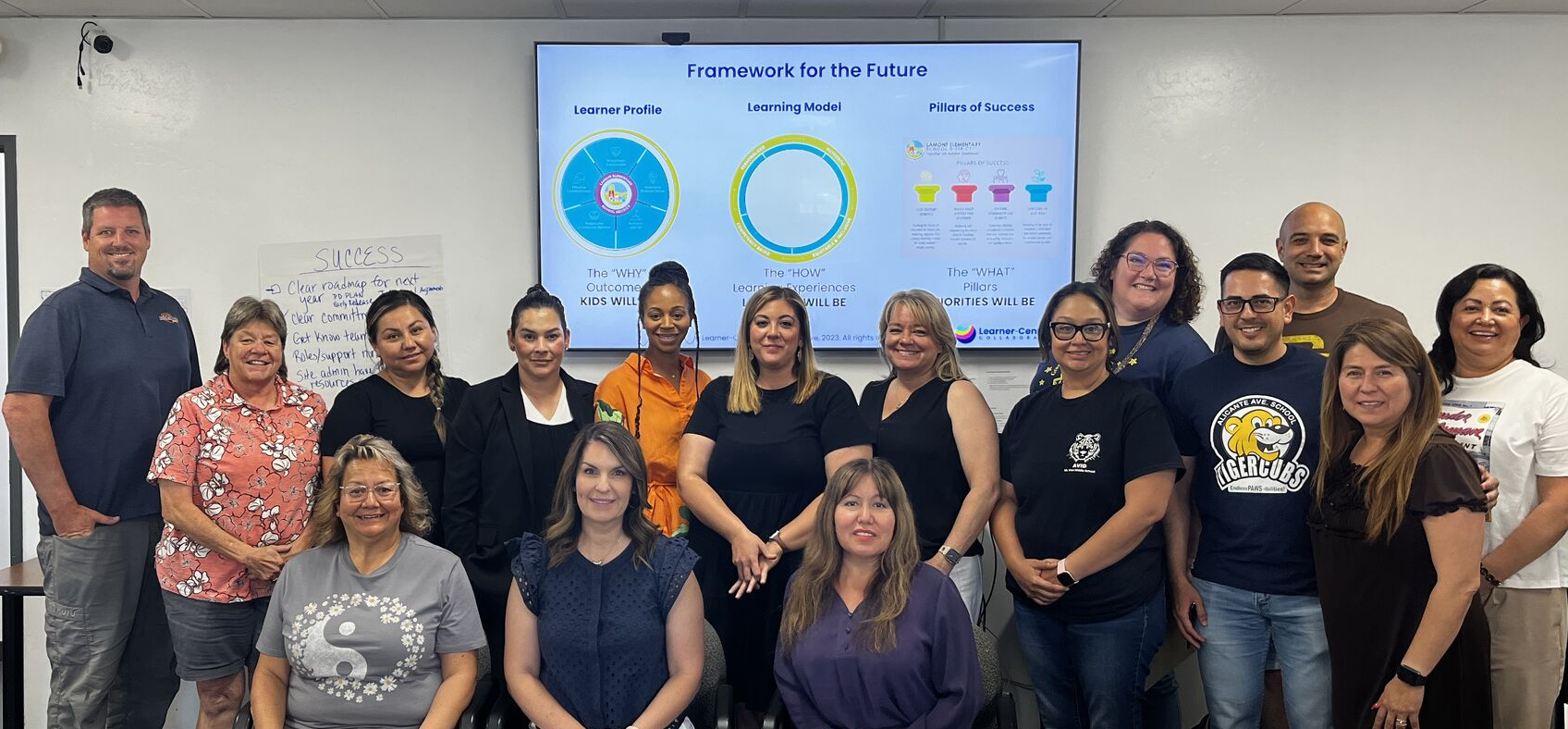
Recognizing that true transformation requires alignment at all levels, Lamont extended the focus to leadership development. This inclusive approach involves:
- Regular leadership retreats and convening for all site administration and department heads, including classified leaders
- Aligning every aspect of district operations with the learner-centered vision
- Building trust and collective efficacy among leaders
This leadership alignment strategy goes beyond traditional school administration. It includes all district leaders, from principals to department heads in areas like nutrition services and IT. By involving every leader in the learner-centered vision, Lamont ensures that the transformation permeates all aspects of the district’s operations.
The focus on building trust and collective efficacy is particularly crucial. As leaders collaborate and see the positive impacts of their aligned efforts, it reinforces their commitment to the learner-centered approach. This creates a powerful feedback loop, where success encourages further innovation and commitment to the shared vision.
Measuring Impact and Looking Ahead
The results of Lamont’s transformation are remarkable, with significant improvements in educator competencies and increased engagement from the school board. Building on these successes, Lamont is planning future initiatives including focused literacy and numeracy professional development, launching two micro-schools, and continued professional development around the Learning Model.
Catina Hancock, partner at Learner-Centered Collaborative, reflects on the process: “This work is about, casting a vision for the future, continuous adaptation and learning together; celebrating both small and large steps forward. It takes high-level collaboration and trust to navigate the complexities of change and keep driving toward the defined aspirations.”
As our partnership with Lamont continues, we’re focused on building internal capacity to scale learner-centered efforts. Together, we’re developing replicable protocols and practices that will serve as the foundation for future work, ensuring every learner benefits from this shift.
Lamont’s journey offers valuable insights for other districts considering similar transformations:
- Personalized, learner-centered approaches are powerful for both students and educators
- Building trust and giving voice to all stakeholders is crucial for meaningful change
- A clear, shared vision provides a north star for decision-making and prioritization
- Embracing the “messy middle” of change requires collaboration, trust, and belief in what’s possible
As we look to the future of education, we’re inspired by the progress in Lamont. It offers a compelling model of what’s possible when districts commit to learner-centered approaches. We’re honored to be part of this journey and excited to continue supporting districts in similar evolutions across the country.
Ready to start your district’s learner-centered shift? Connect with us today to explore how we can support your journey.
